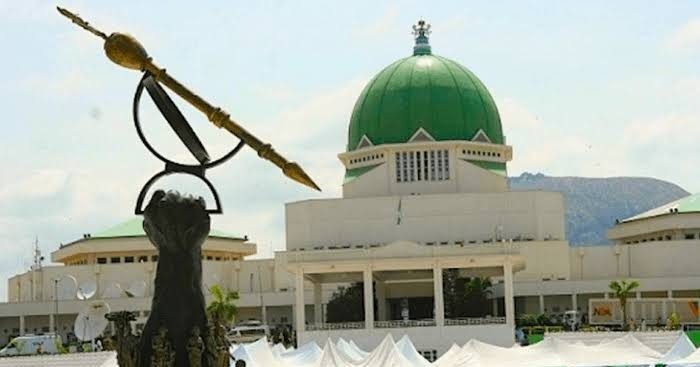THE quest to address long-standing complaints of political imbalance in Nigeria’s federal structure gained momentum on Saturday, as the Joint Constitution Review Committee of the National Assembly approved the creation of an additional state in the South-East geopolitical zone.
News Point Nigeria reports that the decision, reached unanimously during the committee’s two-day retreat in Lagos, is aimed at ensuring fairness and parity among the country’s six geopolitical zones.
Currently, the South-East is the only region with **five states; Abia, Anambra, Ebonyi, Enugu and Imo—**while other regions have six, except the North-West which has seven.
The review session, chaired by the Deputy President of the Senate, Senator Barau Jibrin, and co-chaired by the Deputy Speaker of the House of Representatives, Rt. Hon. Benjamin Okezie Kalu, considered 55 state-creation proposals submitted from across the country.
During the closed-door deliberations, lawmakers agreed that the South-East deserved an additional state to eliminate the structural disparity that many political leaders and civil society groups have repeatedly described as unjust and exclusionary.
Kalu, a leading proponent of the demand, said granting the South-East a sixth state would help strengthen national cohesion and foster a greater sense of inclusion among the people of the region.
“This is not just a political adjustment; it is an act of fairness. It will give the South-East a stronger voice and a better sense of belonging in the federation,” he said.
A statement issued by the committee’s media unit confirmed that the motion for the approval of the additional state was moved by Senator Abdul Ningi (Bauchi Central) and seconded by Hon. Ibrahim Isiaka (Ifo/Ewekoro Federal Constituency, Ogun State). The motion was adopted without dissent.
In a related development, the committee also resolved to set up a sub-committee to further review the broader demand for the creation of new states and local government areas nationwide.
It disclosed that 278 requests for new states and LGAs were submitted during the review period and would now undergo structured evaluation based on population viability, economic sustainability, and administrative feasibility.
Speaking after the session, Senator Barau Jibrin urged committee members to build political consensus ahead of the constitutional amendment voting stage.
“We must work collectively. We need to engage our colleagues across both chambers and the State Houses of Assembly to ensure that what we have started receives support. Consensus is essential,” he said.
Any amendment to the constitution requires approval by two-thirds majority in both chambers of the National Assembly and ratification by at least 24 State Houses of Assembly, making stakeholder engagement a crucial next step.
The specific name and boundaries of the proposed new state in the South-East are expected to be determined in the next phase of legislative and stakeholder consultations.
If successfully passed, this development will mark the first creation of a new state in Nigeria since 1996.







